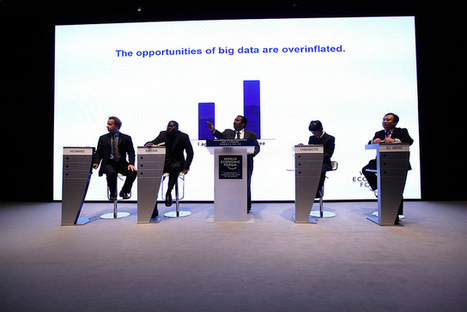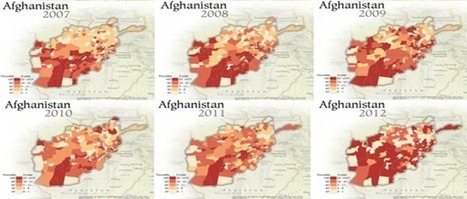Real world network datasets often contain a wealth of complex topological information. In the face of these data, researchers often employ methods to extract reduced networks containing the most important structures or pathways, sometimes known as `skeletons' or `backbones'. Numerous such methods have been developed. Yet data are often noisy or incomplete, with unknown numbers of missing or spurious links. Relatively little effort has gone into understanding how salient network extraction methods perform in the face of noisy or incomplete networks. We study this problem by comparing how the salient features extracted by two popular methods change when networks are perturbed, either by deleting nodes or links, or by randomly rewiring links. Our results indicate that simple, global statistics for skeletons can be accurately inferred even for noisy and incomplete network data, but it is crucial to have complete, reliable data to use the exact topologies of skeletons or backbones. These results also help us understand how skeletons respond to damage to the network itself, as in an attack scenario.
Robustness of skeletons and salient features in networks
Louis M. Shekhtman, James P. Bagrow, Dirk Brockmann
http://arxiv.org/abs/1309.3797
Via
Complexity Digest,
Eugene Ch'ng
 Your new post is loading...
Your new post is loading...
 Your new post is loading...
Your new post is loading...













Dr.Stefan Gruenwalds scoop-it list of bioinformatics databases is an essential resource for anyone looking to discover which datasets are available and accessible. Awesome.